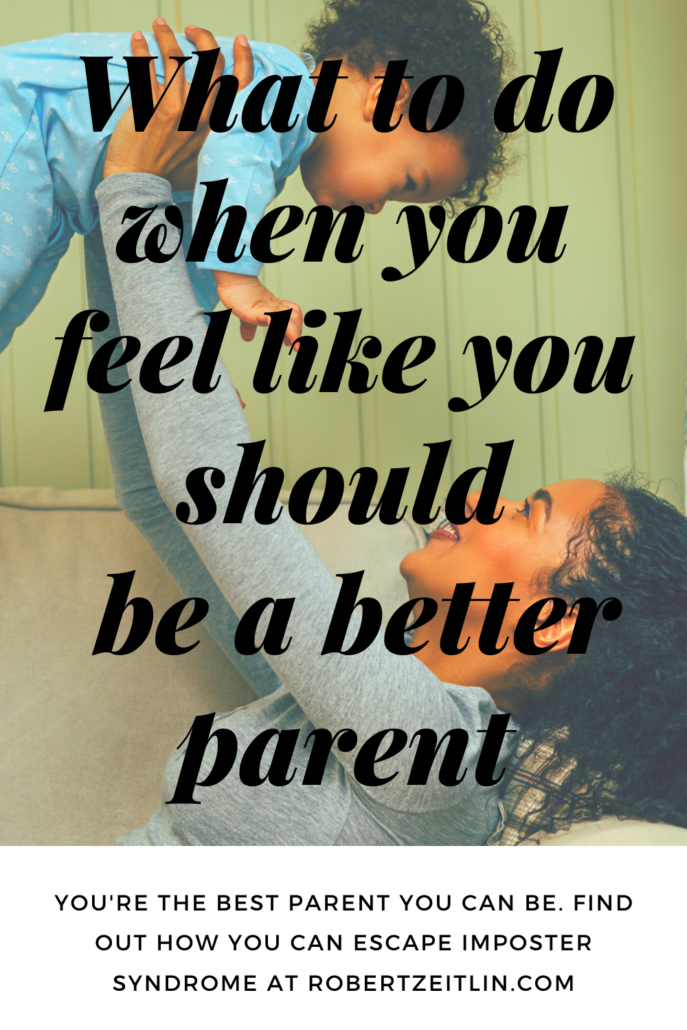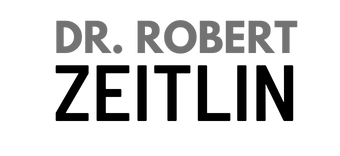Things you find yourself saying when you become a parent:
— Don’t make me count!
— Just eat it.
— I *was* listening.
— Slow down! What’s the rush?
— One!… Two!… Two-and-a-half…
And my favorite, usually comes later, but every generation says it: “Do you call that music?” Every generation.
As our kids grow up, we start to exercise our vocal cords more than our pause-and-listen muscles. It’s a natural reaction to the stress of parenting to act like we know everything. We feel like we have to be the authority or the whole circus train will fly off the rails.
Looking back, now that our own kids are grown, I feel like all I’ve been doing as a parent is learning. Often tough lessons, often by trial-and-error. OK, that’s being kind: often getting knocked down by error, then getting back up to try again.
I have always felt embarrassed that I’m not as good at this as I should be. Hmm. Where does that “should be” come from?

(pin this image on Pinterest)
For me, it started in the eyes of my toddler, 100 percent dependent on me, searching my face for the answers. How could I fail them? I must be as all-knowing as they believe I am.
Once you start down this road, you allow yourself to get cast as the Great and Powerful Wizard of Oz. If the questions just keep coming, how do you evolve from instructor to listener, from teacher to learner? It was hard to let go. I felt like my kids’ belief in my wisdom protected them from the chaos and danger of life.
Is there any wonder why there is so much shame in parenting? How do you reveal that you’re really “the man behind the curtain” to your kids?
From The Wizard of Oz (1939):
Dorothy: “You’re a very bad man!”
Wizard: “Oh, no my dear. I’m a very good man. I’m just a … a very bad wizard.”
I remember a weekend about 20 years ago, when my wife first left me with the kids, all by myself.
Why would she put me in charge of a toddler and a baby, such young, fragile lives? What training did I have? She assured me that I would be fine but I was petrified.
I should have emerged from that weekend confident and emboldened as a parent. I didn’t. Yes, the kids survived. Me? I lost a few pounds of sweat from the stress but I didn’t feel like I earned a certificate. I felt like I had a lot more to learn.
It didn’t help that I was starting a new profession along with starting a family. It took years for me to feel confident as a professional when I changed careers into psychology. I didn’t just suffer from “imposter syndrome,” I was the president of the club. I knew that I WAS an imposter.
Now here I am, 20 years in practice, an author, a podcaster, and coaching parents. Being a “parenting expert” is still not something I can say without triggering my imposter syndrome.
I have the credentials to show why I am a parenting expert. But the internal struggle to convince myself that I am a “qualified” parent requires a much more stringent test, one that we each have to pass every day.
Things you find yourself saying as a parenting expert:
— I know this is a tough time. It *will* pass.
— Here’s how we can get you the break you need.
— I know. Believe it or not, every parent feels that way.
— I can help you slow down and respond (not react).
— Let’s get you two on the same page.
I know these things because Tyler knows these things (sorry, I couldn’t help the “Fight Club” joke). Translation: I have been in your shoes. I have learned from the experience. I can steer you through these rapids like a whitewater rafting guide.
These are tough times for many families. The uncertainty and volatility should be a wake-up call for those of us who are “waiting for things to go back to normal.” Our kids are going to grow up to tell their kids, and probably even their grandkids, about 2020. As parents, you can “survive” this moment or you can use it as an opportunity to strengthen your family.
Photo credit: Austin Pacheco/Unsplash

0 Comments